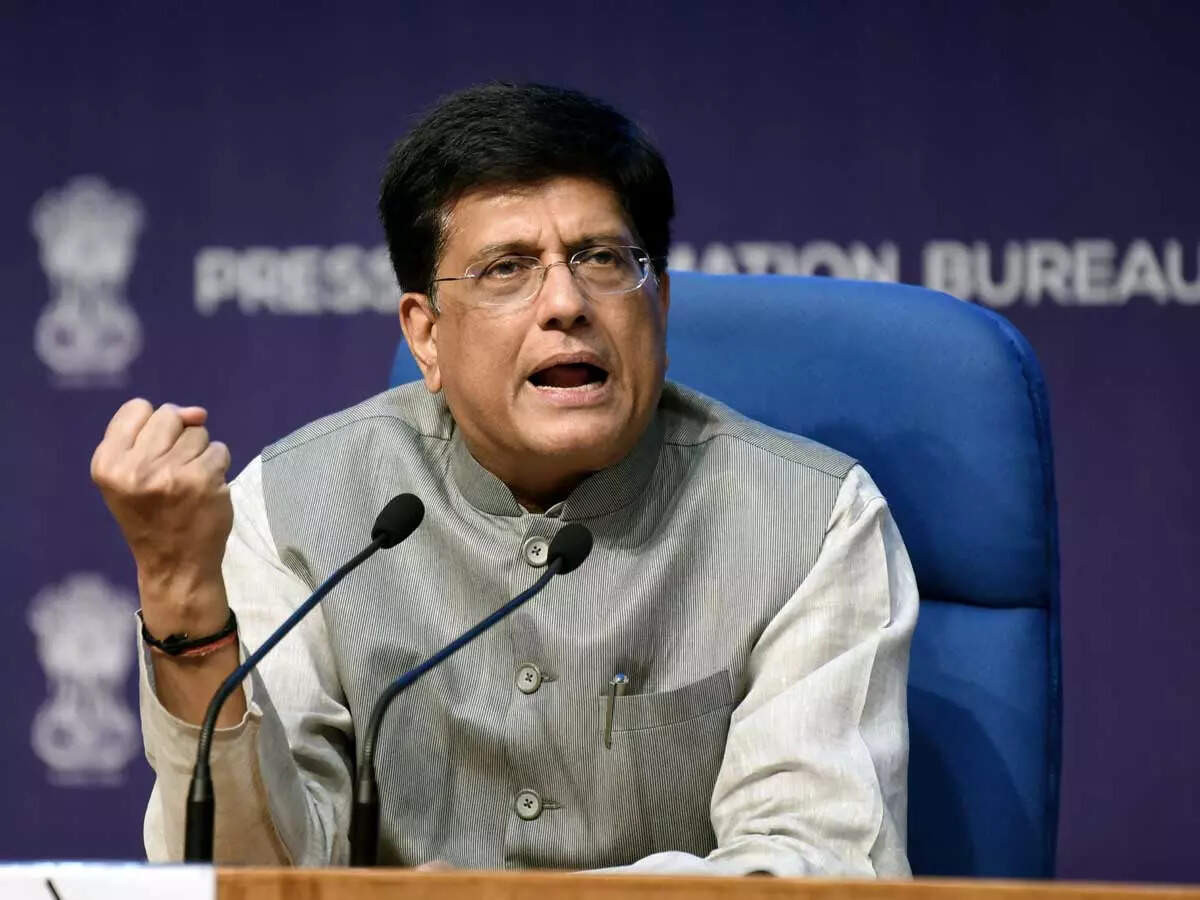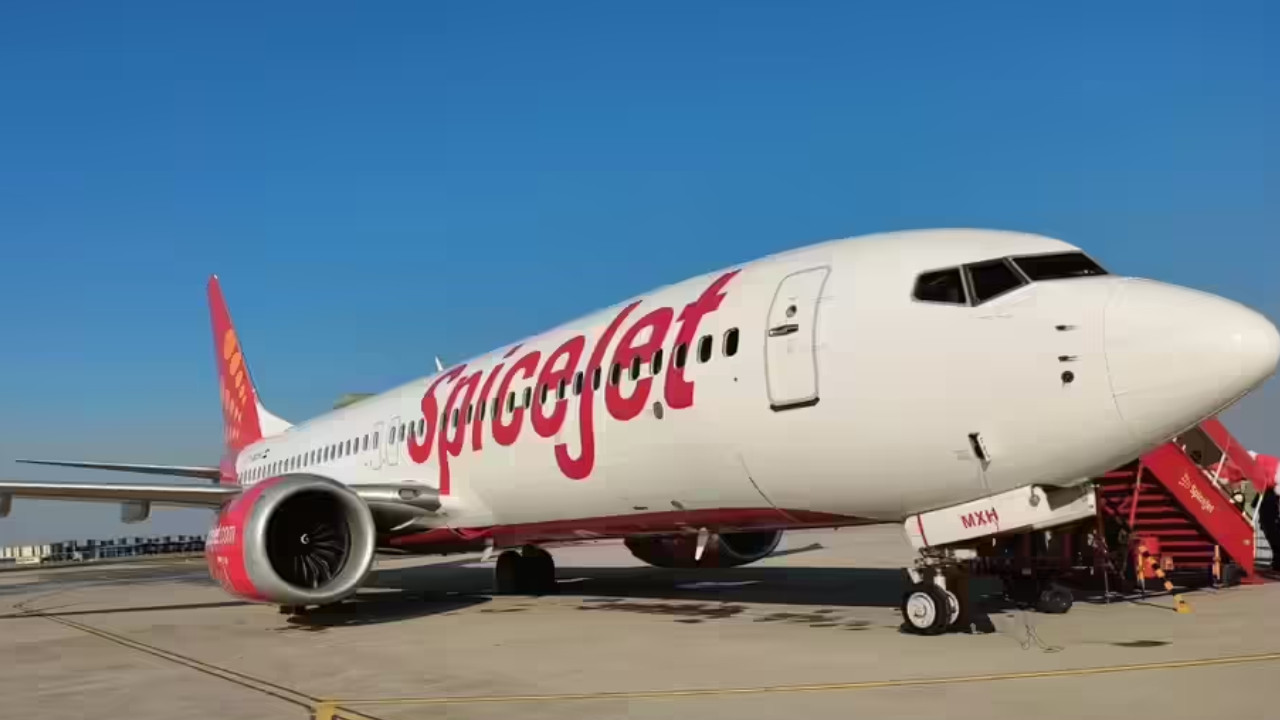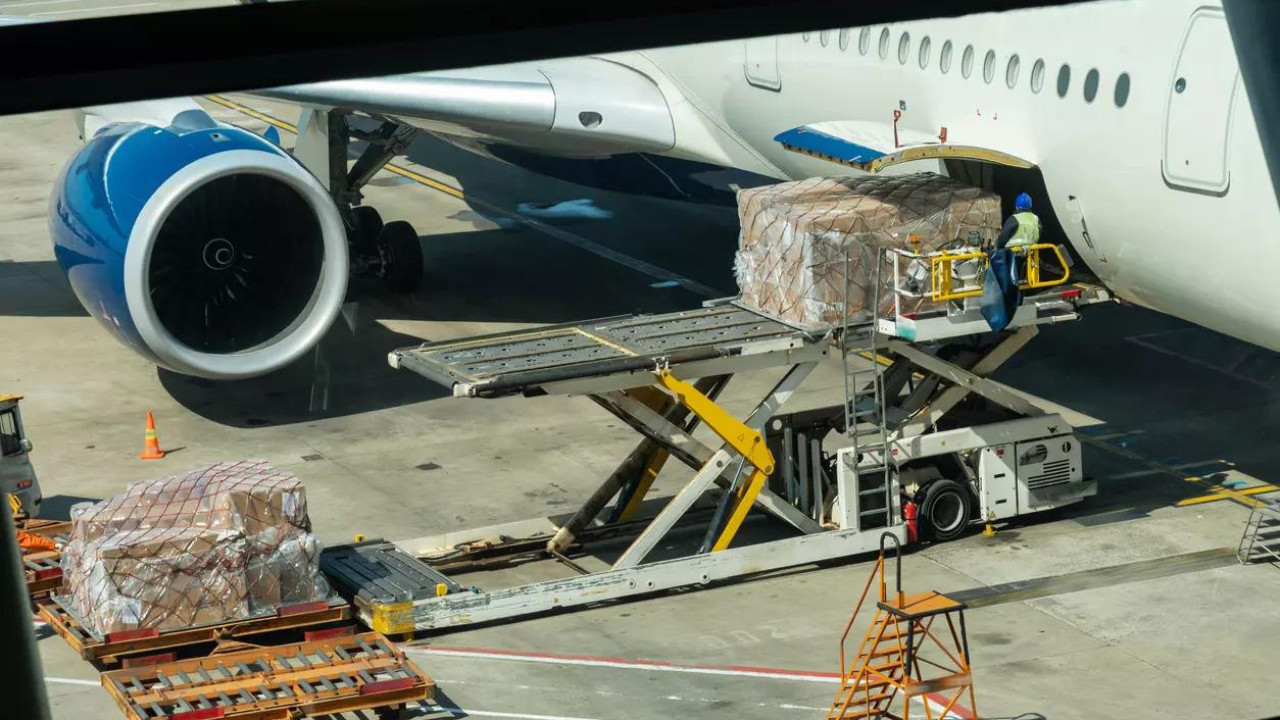India is actively engaged in free trade agreement (FTA) negotiations with key partners like the EU, US, Chile, and Peru, according to Commerce Minister Piyush Goyal. He emphasized the world’s interest in India as developed economies seek trade discussions.
India’s Trade Winds: Navigating a Sea of Free Trade Agreements
India’s trade strategy seems to be shifting into high gear. Forget slow and steady; think a full-throttle sprint towards forging new partnerships across the globe. Commerce Minister Piyush Goyal recently offered a glimpse into the intense negotiations underway, painting a picture of trade talks running “from morning till night” with key players like the US, Chile, and the European Union. This isn’t just about tweaking existing deals; it’s about redrawing the map of India’s international commerce.
The ambition is palpable. India isn’t just participating in the global marketplace; it’s actively shaping it, seeking advantageous positions in a rapidly evolving economic landscape. These Free Trade Agreement (FTA) negotiations represent a strategic push to unlock new markets for Indian goods and services, boost investment, and ultimately, fuel economic growth.
#### The US Factor: A Tango of Trade
The prospect of a deeper trade relationship with the United States is particularly intriguing. While a full-blown FTA might be a long shot in the immediate future, the focus seems to be on identifying areas of mutual benefit where tangible progress can be made. Think targeted agreements that address specific sectors, reduce trade barriers, and foster greater collaboration.  This pragmatic approach could pave the way for a more comprehensive deal down the line, solidifying the economic ties between the two nations.
This pragmatic approach could pave the way for a more comprehensive deal down the line, solidifying the economic ties between the two nations.
The India-US relationship is already a significant one, but the potential for growth is enormous. By streamlining trade processes and addressing regulatory hurdles, both countries stand to gain from increased investment, job creation, and access to innovative technologies. The negotiations will undoubtedly be complex, given the diverse range of interests involved, but the commitment from both sides suggests a willingness to find common ground.
#### Chile and Beyond: Expanding Horizons
While the US grabs headlines, India is also casting a wide net, exploring trade opportunities with countries like Chile. South America is a continent ripe with potential, and a stronger relationship with Chile could serve as a gateway to the broader Latin American market. Similarly, ongoing discussions with the EU represent a pivotal opportunity to revitalize trade ties with one of the world’s largest economic blocs.
These negotiations aren’t happening in a vacuum. They reflect a broader strategy of diversification, reducing India’s reliance on any single trading partner and building a more resilient and adaptable economy. Furthermore, these agreements often include provisions beyond just tariffs and quotas, encompassing areas like intellectual property protection, investment promotion, and dispute resolution mechanisms.
#### Why This Matters: The Big Picture
So, why should anyone care about these behind-the-scenes negotiations? Because they have a direct impact on jobs, prices, and the overall prosperity of the nation. Free trade agreements can lead to lower costs for consumers, increased competitiveness for Indian businesses, and greater access to global markets for Indian entrepreneurs.
Imagine a small business in Bangalore that suddenly has access to millions of new customers in Europe. Or a farmer in Punjab who can export their produce to new markets in South America. These are the kinds of opportunities that FTAs can unlock, driving innovation and creating new avenues for growth.
Moreover, successful trade negotiations can enhance India’s standing on the world stage, solidifying its position as a major economic power. By actively engaging in these discussions, India is demonstrating its commitment to multilateralism and its willingness to play a leading role in shaping the future of global trade. This proactive approach is crucial in a world where protectionist tendencies are on the rise.
#### Navigating the Challenges Ahead
Of course, these negotiations aren’t without their challenges. Balancing the interests of various stakeholders, addressing concerns about potential job losses, and ensuring that agreements are fair and equitable are all critical considerations. India must also be prepared to adapt to the changing dynamics of the global economy, ensuring that its trade policies remain relevant and effective in the years to come.
Ultimately, the success of these FTA negotiations will depend on India’s ability to negotiate effectively, build strong partnerships, and implement agreements in a timely and efficient manner. The road ahead may be long and winding, but the potential rewards are significant. The ongoing trade talks with nations across the globe signal a determined effort to secure India’s economic future and solidify its position as a global leader.







